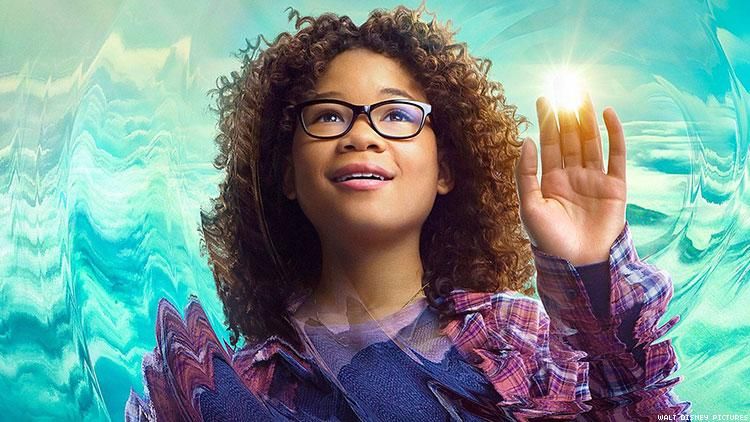The outside world is always prying, straining its beady eyes to get a peek at our inner lives. It wants a public sacrifice of our most intimate secrets. It is never satisfied. Every morsel feeds an all-devouring hunger until there is nothing left unshared. In the film, A Fantastic Woman, Marina (Daniela Vega) feels this pressure more overtly than most. She is constantly subjected to questioning by people looking, searching for some undefinable thing that makes her wrong. But there is nothing to find. Marina is just another Chilean woman, working as a waitress by day and a singer by night. Yet, despite her best efforts, people refuse to accept her as she is because of her identity as a transgender woman. When her partner, Orlando (Francisco Reyes), dies suddenly, the gnawing everyday curiosity of others is given justification, a right to pry. Even as Marina grieves over the death of a loved one, she must endure constant questioning of the very nature of that love.
It is excruciating, to be pricked and prodded in the places where you have made yourself vulnerable. The film’s greatest success is translating this pain without ever becoming maudlin. Vega’s performance radiates the strength of a woman who has become accustomed to a world that is always seeking more information instead of understanding. She has adapted, but the sting is still there on her face, behind her eyes. Much of the film focuses on Vega’s face as she encounters various ignorant or openly antagonistic force. Each time, it becomes something newly expressive. During one conversation with Orlando’s ex-wife, Vega is outraged, grieving, smoothly impassive. She knows what the world needs to see. But in her moments alone, she is truly herself, even if only her dog is there to witness it.
The film may focus entirely on Marina’s day-to-day life, but by interweaving a melancholy surrealism, it also provides a welcome variation on the typical, staid drama. In these moments, the film becomes beautiful and mysterious. It does not bother to explain away any of these enigmas. Instead, they act as the visible expressions of emotion that Marina must bottle up in front of others. Director Sebastián Lelio gives the audience both the privilege and burden of watching Marina closely. Even in her most uncomfortable moments, the camera is aimed unswervingly at her. But there are scenes where the film floats above the daily humiliations that Marina must endure. Scenes where it becomes swirling color and ecstatic dance sequences. Scenes of humanity even when one has been declared a monster.
A Fantastic Woman is an expertly made, character-driven film. With its single-minded focus, it could easily become monotone. But the inclusion of Vega allows the film to craft a fascinating story without a sensationalist plot. By the end, the constant yearning to know more has been eliminated, not through nosiness, but compassion. We know exactly who Marina is. And she is fantastic.














